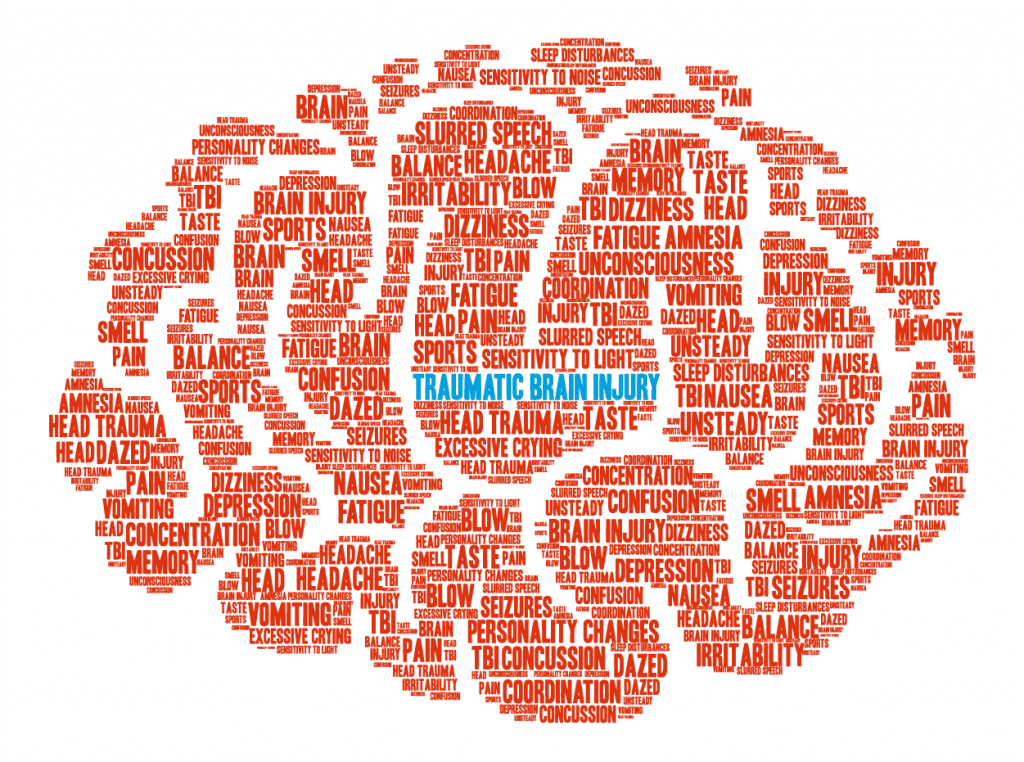TBI
Recovery time for a traumatic brain injury (TBI) varies based on the person and the type of brain injury. It can take months, and even years, to recover. And often, the physical effects of TBI can be long-lasting and may take years of therapy. When recovering from a TBI, you may experience memory loss, trouble forming words, vision problems, headache, sleep habits and fatigue. Therapy can help alleviate these symptoms.
During this time, the injured person will likely see steady improvement. The rate of improvement varies from person to person. The more severe the TBI, the less likely the person will fully recover. The length of time in a coma may also determine how well a person will recover.
Emotional Recovery from TBI
Emotional recovery from a TBI is just as complex. The emotional stages of recovery can include denial, anger, grief and depression. Getting help for these feelings is critical to coping with the effects of TBI so that you can lead a happy, healthy life. Recognizing that you may be suffering emotionally, as a result of a TBI, is the first step to recovery.
“You don’t have to see the whole staircase, just take the first step.”
– Dr. Martin Luther King
Your approach and attitude after a TBI can go a long way in helping you reduce risks and improve the overall quality of life. You can take steps to heal more quickly by setting goals. While you cannot control the physical impact of a TBI, you can influence the emotional outcome by seeking treatment.
Support Groups
It may help to know what other TBI survivors are going through. Support groups are available to help you find strength and support from other TBI survivors.
Mental Illness
Individuals with TBIs (including concussions) are 4 times more likely to develop a mental illness. Left untreated, these patients are more likely to develop severe depression, bipolar disorder, schizophrenia and suicidal thoughts. Cognitive therapy can decrease depression and improve life satisfaction. Note: you reduce the chances of developing a substance use disorder (addiction or alcoholism) if you get help today before these conditions progress.
Traumatic Brain Injury
If you are a survivor of a TBI and are suffering from depression, denial, anger or suicidal thoughts, call D’Amore Healthcare. We can help you take the first step in taking back control of your life. Take one step today. Ask yourself, “Am I getting better or worse?” If you are not improving in your current plan, let us help build a more comprehensive plan of care during a residential stay with D’Amore Healthcare.
Stay connected, stay motivated and chances are you will enjoy a happy, healthy, less-stress life! To learn more, contact us or call 714.375.1110
D’Amore Healthcare is a dual diagnosis and substance abuse addiction treatment center in Orange County, CA.





































